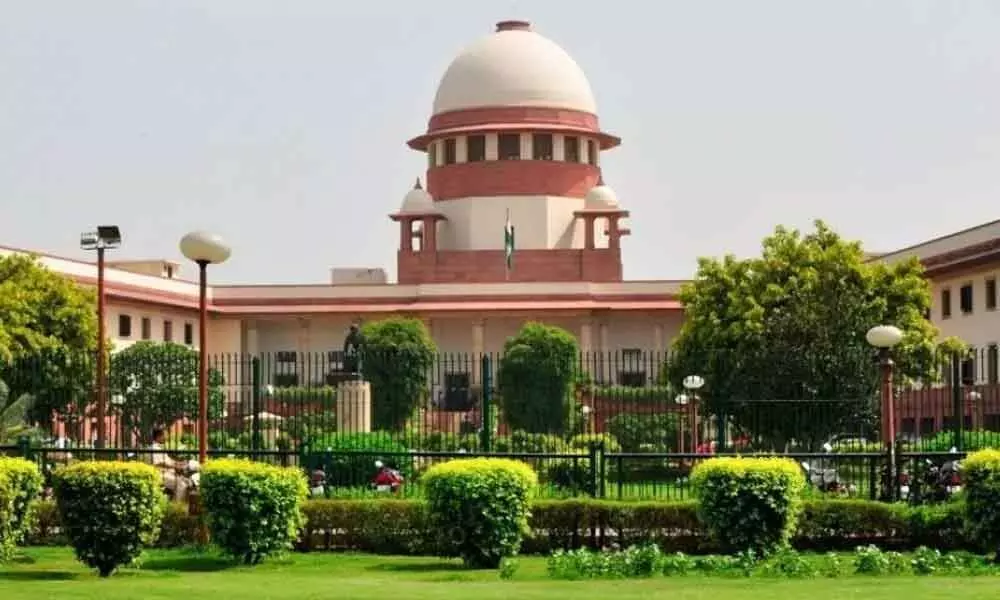Jahanvi Agarwal
On June 14, the Supreme Court supported the Delhi High Court’s earlier ruling allowing the demolition of a Shiva Temple located on the Yamuna floodplains. The May 29 ruling stirred a lot of debate around environmental conservation and religious sentiments. The Supreme Court upheld the High Court’s decision without finding any faults. A vacation bench consisting of Justices PV Sanjay Kumar and Augustine George Masih handled the matter. Justice Kumar pointed out the unusual nature of the petitioner’s argument, questioning, “How can you have an akhada in floodplains? Isn’t Akhada generally associated with Lord Hanuman?”
The Supreme Court dismissed the Special Leave Petition (SLP) but clarified that this does not prevent the petitioner from seeking other remedies in ongoing High Court proceedings. The Delhi High Court, in its order, emphasized the importance of preserving the Yamuna riverbed and floodplain from encroachments and illegal constructions. Justice Dharmesh Sharma noted, “Lord Shiva does not need our protection; rather, we, the people, seek his protection and blessings.” He stated that clearing the floodplains of encroachments would please Lord Shiva more.
Justice Sharma further remarked that the temple’s activities did not elevate its status to a public place of significance and found no evidence that the temple was dedicated to the public, indicating it was a private entity managed by the petitioner society. The ruling aligns with broader environmental and public interest concerns, reflecting the judiciary’s commitment to protecting natural resources and public land from unauthorized developments.
The court directed the Delhi Development Authority (DDA) to proceed with the demolition and instructed the petitioner society and its members not to obstruct the process. Despite the petitioner-samiti’s arguments that the temple held significant religious value and that Lord Shiva should be considered a stakeholder, the court remained unconvinced, viewing this as an attempt to divert from the core issue of unauthorized encroachment.
Following the High Court’s decision, the petitioner-samiti appealed to the Supreme Court, hoping to overturn the order. However, the Supreme Court’s decision to uphold the demolition order underscores the judiciary’s focus on environmental conservation over unauthorized religious constructions.
The ruling highlights the need for clear legal documentation and public dedication for any entity to claim public significance. While respecting religious sentiments, the court’s primary concern remains the preservation of natural resources and the enforcement of the rule of law.
Case Name: Pracheen Shiv Mandir Avam Akhada Samiti v. Delhi Development Authority and Ors.
Dairy Number: 13128/2024
Bench: Justices PV Sanjay Kumar and Augustine George Masih

